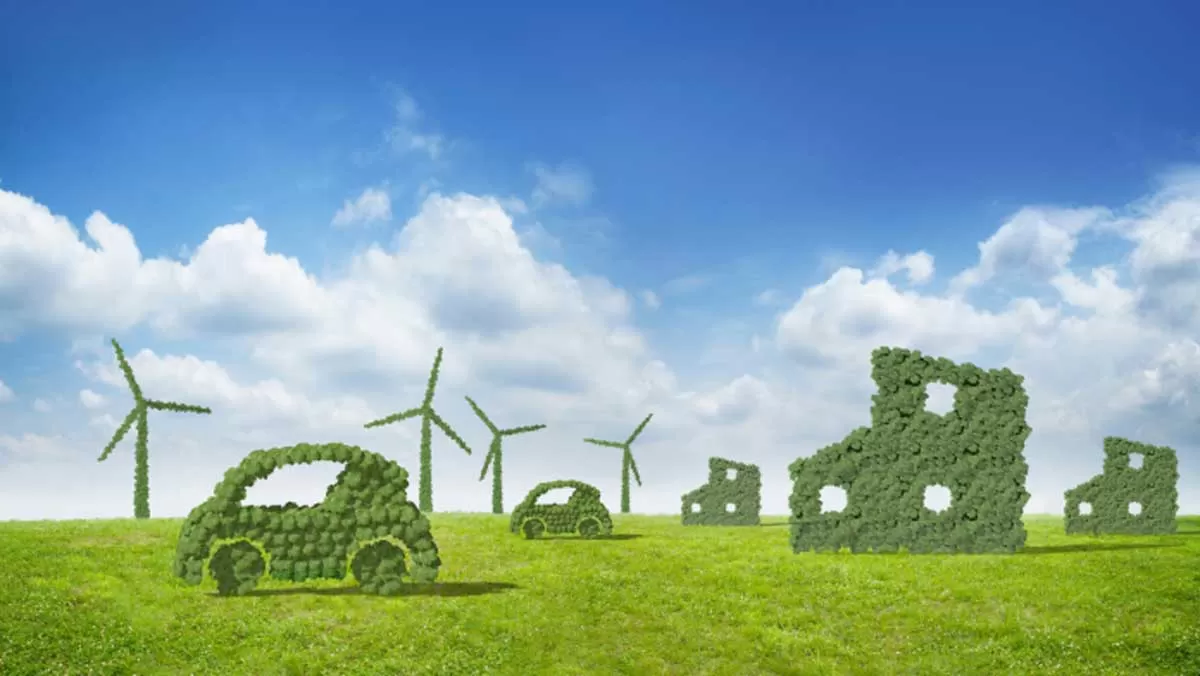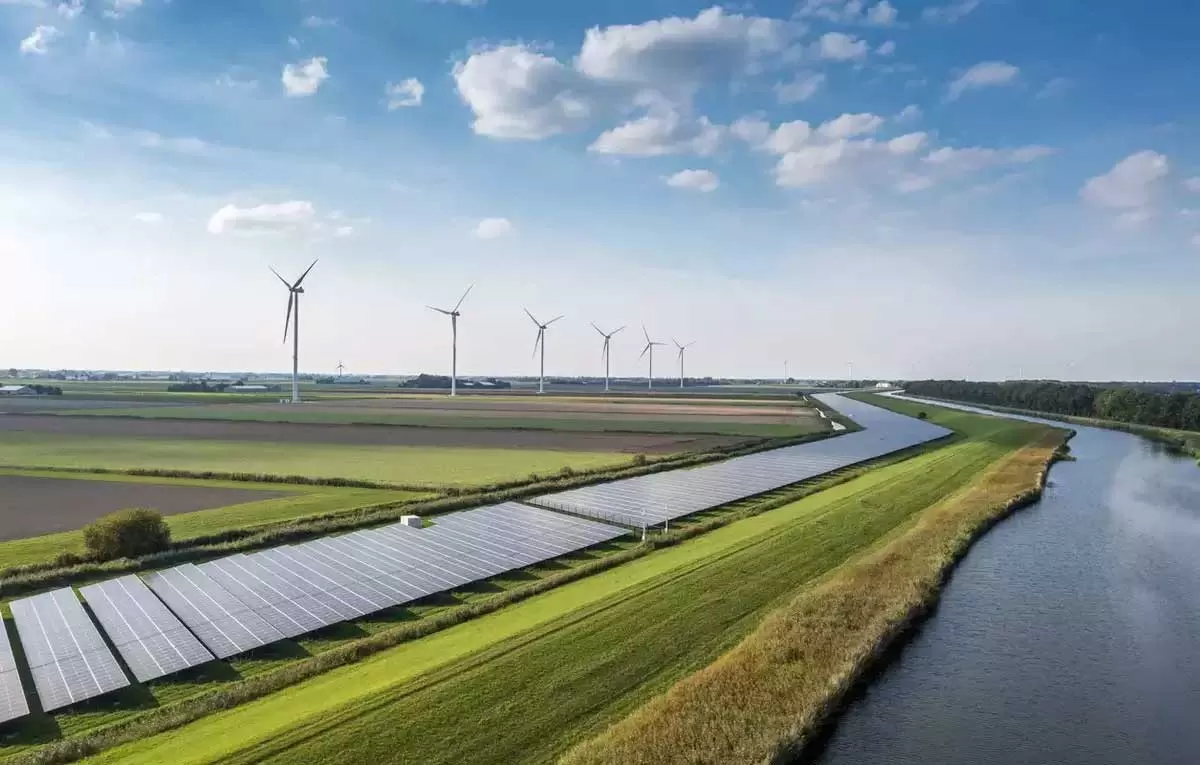
Rich nations gave $32.4 bn for adaptation in 2022, gap remains

Omaxe State, Dwarka Hosts High-Energy Grand Finale of Devil’s Circuit 2025
Omaxe State, the upcoming landmark development in Dwarka, reaffirmed its position as a hub for world-class experiences by hosting the electrifying Grand Finale of Devil’s Circuit 2025 on March 9, 2025. The event, which attracted over 12,000 fitness enthusiasts and thousands of spectators, not only marked the culmination of Asia’s biggest obstacle race but also showcased the immense potential of Omaxe State as a dynamic and thriving community space. As a forward-thinking real estate developer, Omaxe Ltd. has consistently focused on creating holistic urban environments that promote an activ..

NTPC Signs $11.5 Billion Clean Energy Deals in Chhattisgarh
Juniper Green Energy has successfully commissioned a 100-MW solar power project aimed at supplying electricity to Bhutan, marking a significant milestone in regional energy integration. According to the company's statement, the project facilitates a crucial cross-border agreement allowing Bhutan to receive 50% of the power generated during the winter months. This arrangement permits Bhutan to directly import power from an Indian generator under an established bilateral trade framework. Located in Rajasthan, the solar project contributes a total generation capacity of 100 MW. Highlighting the..

Juniper Green Commissions 100-MW Solar Project for Bhutan
The New Delhi Municipal Council (NDMC) held its first council meeting since the Delhi Assembly polls focusing on a comprehensive Summer Action Plan aimed at achieving 100% solar energy adoption by 2026. The meeting, led by MP Bansuri Swaraj, began with the swearing-in of three new NDMC members — Delhi Minister and New Delhi MLA Parvesh Sahib Singh, Delhi Cantt. MLA Virender Singh Kadian, and Ravi Kumar Arora, Additional Secretary of the Ministry of Housing and Urban Affairs. Solar Energy Push NDMC Vice Chairman Kuljeet Singh Chahal announced the civic body's ambitious solar energy plans, ..














